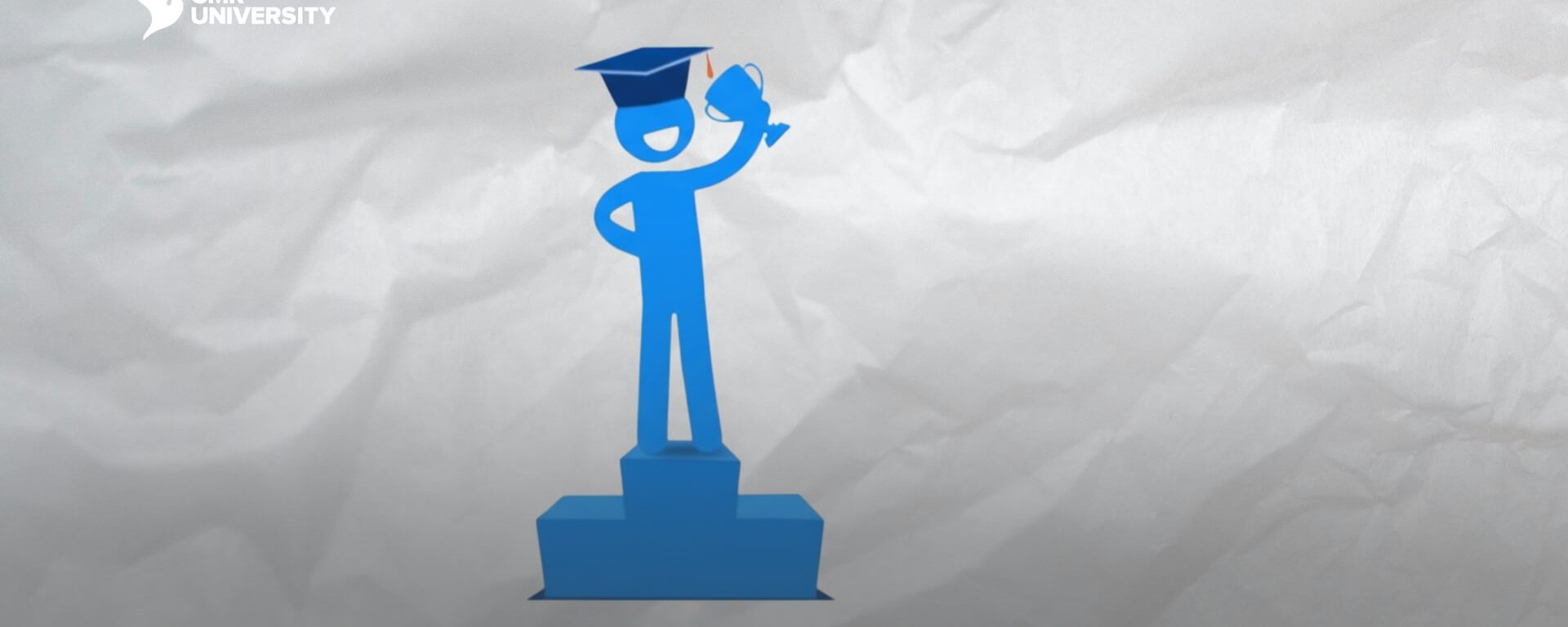Discover how peer review enhances student research by fostering critical thinking, collaboration, and communication skills that extend beyond the classroom.
Engaging students in meaningful research activities is central to academic achievement. However, research success is not only about the investigative process or the final product. It is also about the journey students undertake to refine their work, develop their thinking, and deepen their understanding.
Peer review has emerged as a cornerstone for promoting better research outcomes and cultivating vital skills that students carry into future academic and professional pursuits. In an academic setting, peer review involves students critically assessing each other’s work and providing constructive feedback. Unlike traditional top-down evaluation by educators, peer review encourages collaboration, where students act as both reviewers and authors. This dynamic fosters a culture of shared learning and mutual responsibility that extends beyond the classroom.
One key benefit of peer review is the development of reflective and critical thinking skills. Reviewing peers’ work requires analysing arguments, assessing methodologies, and evaluating clarity of findings. Simultaneously, receiving feedback encourages students to rethink assumptions, clarify arguments, and approach topics from new perspectives.
Peer review also boosts motivation and accountability. Knowing that classmates will read and critique their work motivates students to maintain high standards. The reciprocal nature of giving and receiving feedback nurtures a collaborative spirit, reducing isolation and easing the stress of independent research projects.
Moreover, peer review enhances communication skills. Students learn to articulate critiques diplomatically, present complex ideas clearly, and implement feedback constructively, skills that are invaluable for lifelong learning and professional adaptability.
The process supports diverse learning styles, enabling students to gain new perspectives and strategies from peers, while preparing them for professional and academic expectations where peer evaluation is standard practice, such as journal submissions, grant proposals, and business reports.
By integrating peer review into student research, educators foster stronger academic outcomes and cultivate transferable skills. From critical thinking and communication to motivation and collaboration, peer assessment nurtures self-aware, responsible, and adaptable learners prepared for success in graduate programs and beyond.
